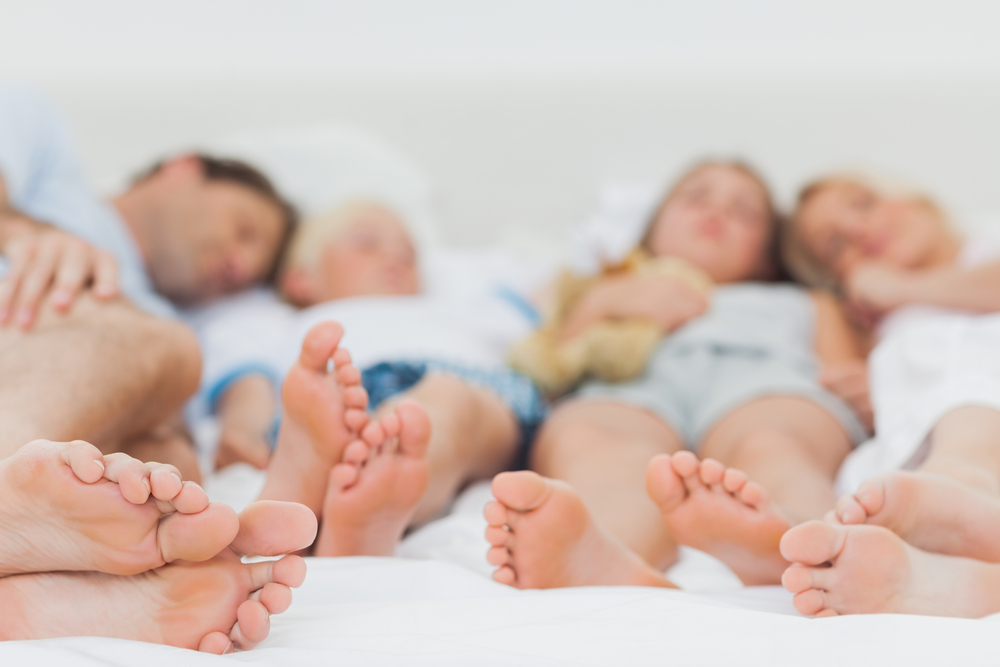4 Fallacies About Sleep That You Ought to Know
People often have a different thoughts, ideas and beliefs about sleep. It’s time to separate sleep facts from the myths and have the proper information. The amount of sleep plays a crucial role in leading a holistic lifestyle. Here are the myths that you mustn’t believe at any time
- Bedtime doesn’t count
Actual sleep time is often dependent on obligations as well as age. However, it would be best if you built on a consistent bedtime routine to get the full benefits of sleep. You can start by having a day work and home schedule to handle all chores within the stipulated time. Thus, you get to solve the sleep pattern problem instead of sleeping hours. It would be best if you built a consistent sleep time each day of the week or weekend. It’s a chance to condition the body to have the right bedtime that matters a lot.
- Health condition doesn’t affect sleep quality.
When one gets sick, their sleep often gets altered in one way or another. The stress of managing a health-related condition can also make sleep elusive if you are experiencing any condition including frozen shoulder due to age, or a preexisting illness you need to check in with a medic. You can look at various facilities, including PhysioActive, to get the condition rectified. Then, you can go back to your regular sleep pattern in no time.
- The body and brain often adapt to less sleep.
Many times, people often sacrifice their sleep to finish up work, a project, or care of matters at the home frontier. Thus, they often result in fewer sleep hours each day. However, this isn’t good for the body as you are most likely to experience sleep deprivation; it might also reduce the quality of work performance if you aren’t careful. Less sleep can result in you becoming frustrated, tired with life, and even gloomy. You ought to work on having a well-rested body to become more productive always.
- Snoring is harmless
There are times where you might know someone who snores each time they fall asleep.  To most, they often brush it off and consider it harmless. However, loud snoring can be an asleep apnea sign. You need not take it lightly but consult a sleep expert professional. Sleep apnea, among other sleep disorders, can increase the risk of cardio-related illnesses, cancer, or even diabetes. Thus, you need not take anything lightly more so when one pauses in breathing while asleep.
To most, they often brush it off and consider it harmless. However, loud snoring can be an asleep apnea sign. You need not take it lightly but consult a sleep expert professional. Sleep apnea, among other sleep disorders, can increase the risk of cardio-related illnesses, cancer, or even diabetes. Thus, you need not take anything lightly more so when one pauses in breathing while asleep.
There’s more to sleep than simply giving the body enough time to rest. It’s a chance to have a well-rested night as your body and mind rejuvenates to conquer another day. If you haven’t been practicing proper, it’s not too late. You can start small and build on having the much-needed rest that is quite beneficial.
Always consult with a doctor one you have any worrisome condition, including frozen shoulders. It’s a chance to get the ideal treatment from experts such as PhysioActive clinic and lead a fulfilling life. Debunking sleep misconceptions is essential in enabling one to enjoy their beauty rest each night.
How Can I Stop Snoring?
If you snore, hopefully your partner has let you know you’re snoring without dumping a cup of water on you or hitting you with a stack of magazines. The good news is now that you know it’s a problem, you can take steps to fix it. And believe me, your partner will love you for it.
According to WebMD, there are 7 things you can do to help you stop snoring. These range from changing your sleep position, losing weight, avoiding alcohol before bed, etc. However, if you suffer from sleep apnea, no amount of home remedies or tips will help you quit snoring. The best thing you can do is visit a sleep specialist to conduct a sleep study. According to Carrington College, sleep apnea can lead to very serious issues if left untreated.
How Do I Know if Snoring is a Sign of a Bigger Problem?
The sleep experts at the Alaska Sleep Clinic understand the health concerns associated with OSA, which includes headaches, strain on the heart, and arrhythmias to name a few.
If you live in Alaska and are suffering from snoring, or worse OSA, request a free 10-minute phone consolation with our sleep experts and schedule a sleep study




